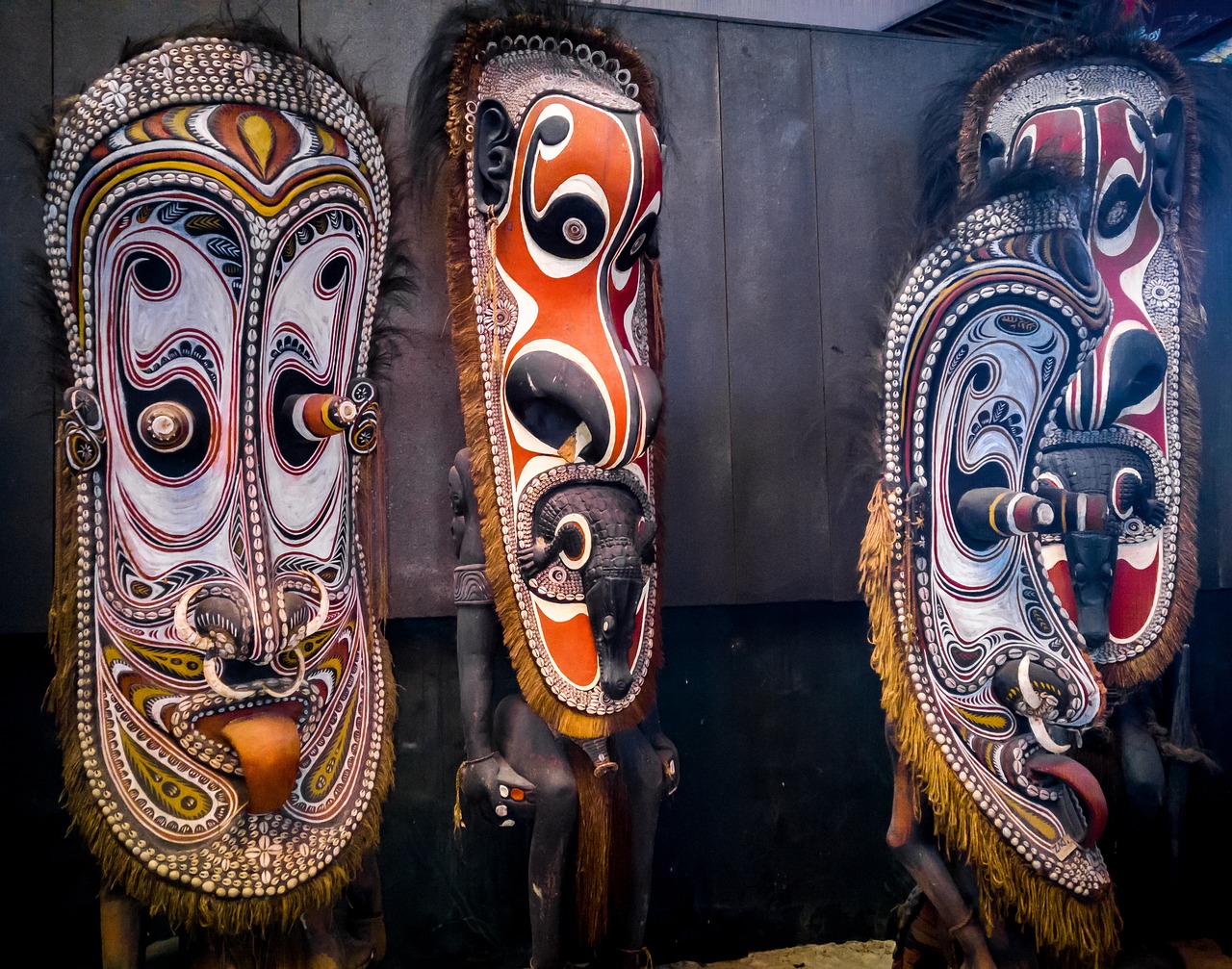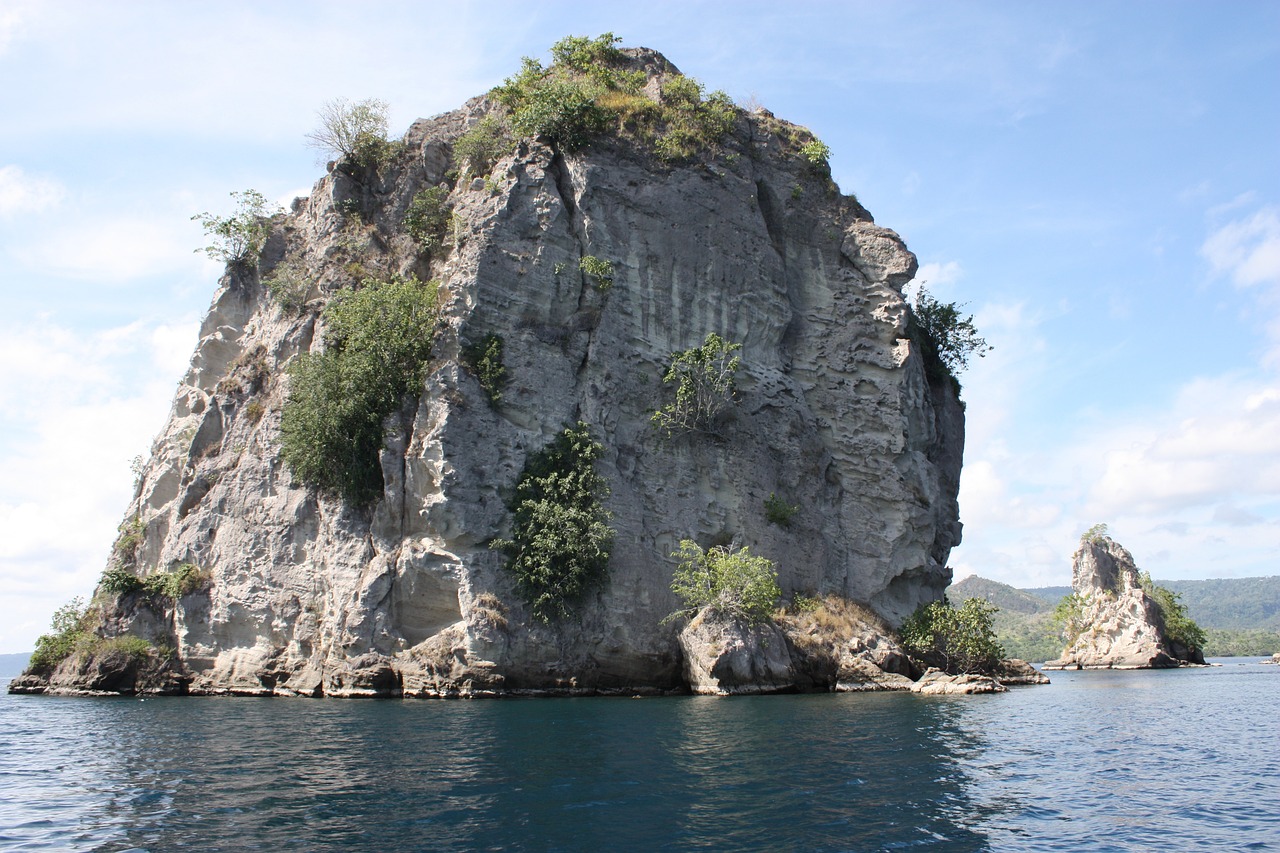Papua New Guinea Video
Retaining Productivity: Facing Common Challenges in Papua New Guinea
Introduction
Papua New Guinea, a country in the southwestern Pacific, faces various challenges when it comes to retaining productivity. This article explores some of the common challenges encountered in Papua New Guinea and provides insights into how individuals, organizations, and the government can address them. By understanding and overcoming these challenges, Papua New Guinea can foster a more productive and prosperous society.
Economic Instability
- Limited diversification of the economy: Papua New Guinea heavily relies on the extractive industries, such as mining and petroleum. This lack of economic diversification makes the country vulnerable to global commodity price fluctuations.
- Infrastructure challenges: Inadequate infrastructure, including roads, ports, and power supply, hampers economic growth and productivity. Insufficient infrastructure limits access to markets and increases transportation costs.
- Corruption: Rampant corruption in Papua New Guinea undermines economic stability and deters foreign investment. Corruption diverts resources away from productive sectors and discourages business growth.
The country should focus on diversifying its economy by investing in other sectors like agriculture, tourism, and manufacturing. By doing so, Papua New Guinea can reduce its dependence on a single industry and create a more stable economic foundation.
The government should prioritize infrastructure development projects to improve connectivity within the country and enhance trade opportunities. Investment in infrastructure will attract foreign direct investment and stimulate economic growth.
The government should enforce strict anti-corruption measures, promote transparency, and strengthen institutions responsible for combating corruption. By addressing corruption, Papua New Guinea can create a more favorable business environment and attract investment.
Education and Skills Gap
- Inadequate access to quality education: Many remote areas in Papua New Guinea lack access to quality education, hindering the development of a skilled workforce.
- Skills mismatch: The gap between the skills possessed by the workforce and the skills demanded by the job market contributes to unemployment and underemployment.
- Entrepreneurship and vocational training: Encouraging entrepreneurship and vocational training can empower individuals to create their own employment opportunities and contribute to the economy.
The government should prioritize improving access to education, especially in rural areas. Investing in schools, teacher training, and educational resources will empower individuals and equip them with the necessary skills for productive employment.
Efforts should be made to align education and training programs with the needs of industries. Collaboration between educational institutions and businesses can help bridge the skills gap and ensure graduates are job-ready.
The government and organizations should provide support and resources for entrepreneurship and vocational training programs. These initiatives can foster innovation, create jobs, and enhance productivity.
Papua New Guinea Image 1:

Healthcare Challenges
- Geographical barriers: Papua New Guinea’s rugged terrain and scattered population make it difficult to provide adequate healthcare services to all areas.
- Disease burden: Papua New Guinea faces high rates of communicable diseases, such as malaria, tuberculosis, and HIV/AIDS.
- Maternal and child health: Maternal and child mortality rates in Papua New Guinea are among the highest in the Asia-Pacific region.
Investments should be made to improve healthcare infrastructure, including clinics, hospitals, and medical facilities, especially in remote regions. Telehealth initiatives can also help bridge the gap and provide access to medical expertise.
The government should prioritize disease prevention and control programs, including vaccination campaigns, health education, and improved access to healthcare facilities. Collaboration with international organizations can provide additional support in combating these diseases.
Investments should be made to improve maternal and child healthcare services, including access to prenatal care, skilled birth attendants, and postnatal support. Health education programs can also empower communities to make informed decisions regarding their health.
Environmental Sustainability
- Deforestation and biodiversity loss: Papua New Guinea’s rich biodiversity is threatened by deforestation, illegal logging, and unsustainable agricultural practices.
- Climate change impacts: Rising sea levels, increased frequency of extreme weather events, and changing rainfall patterns pose significant challenges to Papua New Guinea.
- Waste management: Inadequate waste management infrastructure leads to pollution of rivers, oceans, and land in Papua New Guinea.
The government should enforce stricter regulations on logging and promote sustainable forestry practices. Conservation efforts, such as protected areas and reforestation initiatives, can help preserve the country’s unique ecosystems.
The government should prioritize climate change adaptation and mitigation strategies, including the development of renewable energy sources, coastal protection measures, and sustainable agricultural practices. International cooperation and funding can support these initiatives.
The government should invest in waste management systems and promote recycling and proper disposal practices. Public awareness campaigns can educate communities about the importance of waste reduction and environmental conservation.
Papua New Guinea Image 2:

Social Issues and Cultural Diversity
- Tribal conflicts: Papua New Guinea experiences sporadic tribal conflicts, which disrupt social harmony and economic activities.
- Gender inequality: Women in Papua New Guinea face challenges in accessing education, healthcare, and economic opportunities.
- Cultural preservation: Papua New Guinea is home to diverse indigenous cultures, languages, and traditions.
The government should promote dialogue, mediation, and conflict resolution mechanisms to address tribal conflicts. Strengthening community policing and fostering intercultural understanding can also contribute to social stability.
Efforts should be made to promote gender equality and empower women through education, economic support, and legislation that protects their rights. Encouraging women’s participation in decision-making processes can lead to more inclusive and equitable development.
Efforts should be made to preserve and promote indigenous cultures, languages, and traditional practices. Cultural tourism initiatives can provide economic opportunities while ensuring the preservation of cultural heritage.
Governance and Political Stability
- Political instability: Papua New Guinea has experienced periods of political instability, which can hinder long-term development plans.
- Decentralization challenges: The decentralization of power from the national government to local authorities has faced implementation challenges.
- Public service delivery: Limited access to basic services, such as clean water, sanitation, and electricity, remains a challenge in some parts of Papua New Guinea.
The government should prioritize political stability through transparent and accountable governance. Strengthening democratic institutions, promoting the rule of law, and ensuring free and fair elections are crucial for sustainable development.
The government should provide adequate resources and support to local authorities to effectively carry out their responsibilities. Capacity-building programs and clear guidelines can enhance the efficiency and effectiveness of decentralized governance.
The government should prioritize public service delivery, especially in remote areas, by investing in infrastructure, improving service provision, and enhancing coordination between different government agencies.
Papua New Guinea Image 3:

Conclusion
Overcoming the common challenges faced by Papua New Guinea requires a comprehensive approach involving government, organizations, and individuals. By addressing economic instability, improving education and skills, enhancing healthcare services, promoting environmental sustainability, fostering social harmony, and ensuring good governance, Papua New Guinea can create a foundation for sustained productivity and development.
References
- Gypsy Warrior – https://gypsywarrior.com
- Papua New Guinea Government – https://www.png.gov.pg
- World Bank – https://www.worldbank.org
- United Nations Development Programme – https://www.undp.org
- International Monetary Fund – https://www.imf.org


